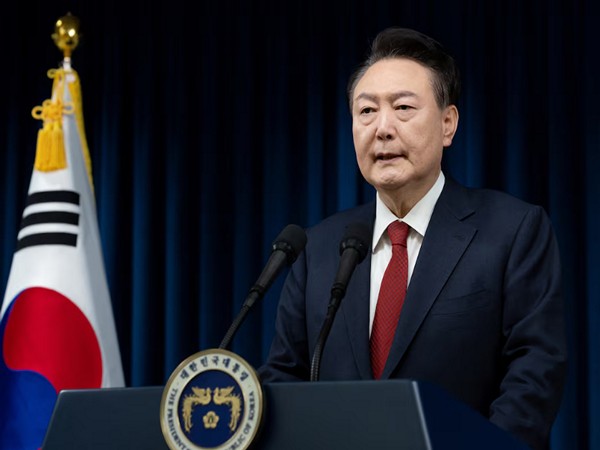South Korean Political Turmoil: A Nation on Edge
South Korean court extends President Yoon Suk Yeol's detention, leading to violent protests. Yoon, accused of insurrection following a brief martial law declaration, faces a political and legal crisis. His detention raises debates about presidential powers, with protests highlighting national divisions.

A South Korean court on Sunday extended the detention of President Yoon Suk Yeol, igniting violent protests from his supporters. The unrest erupted after Yoon's arrest on allegations of insurrection connected to his brief December 3 declaration of martial law.
Following the court's early morning decision, hundreds of Yoon's supporters overwhelmed police and stormed the court building, causing extensive damage. The Seoul Metropolitan Police later reported 46 arrests and no serious injuries, despite the chaotic scene.
The court's move adds complexity to South Korea's political landscape, with debates about presidential detainment and legal procedures intensifying. As the Constitutional Court considers Yoon's impeachment, the political atmosphere remains heated, influencing public and party support dynamics.
(With inputs from agencies.)
ALSO READ
Protests Erupt Over Bhopal Gas Tragedy Waste Disposal
Madhya Pradesh Government Reassures Public Amid Toxic Waste Protests
Protests Erupt Over Bhopal Gas Tragedy Waste Disposal in Pithampur
Political Turmoil and Arrests in Beed Sarpanch Murder Case
Political Turmoil in Maharashtra: Arrests and Allegations










